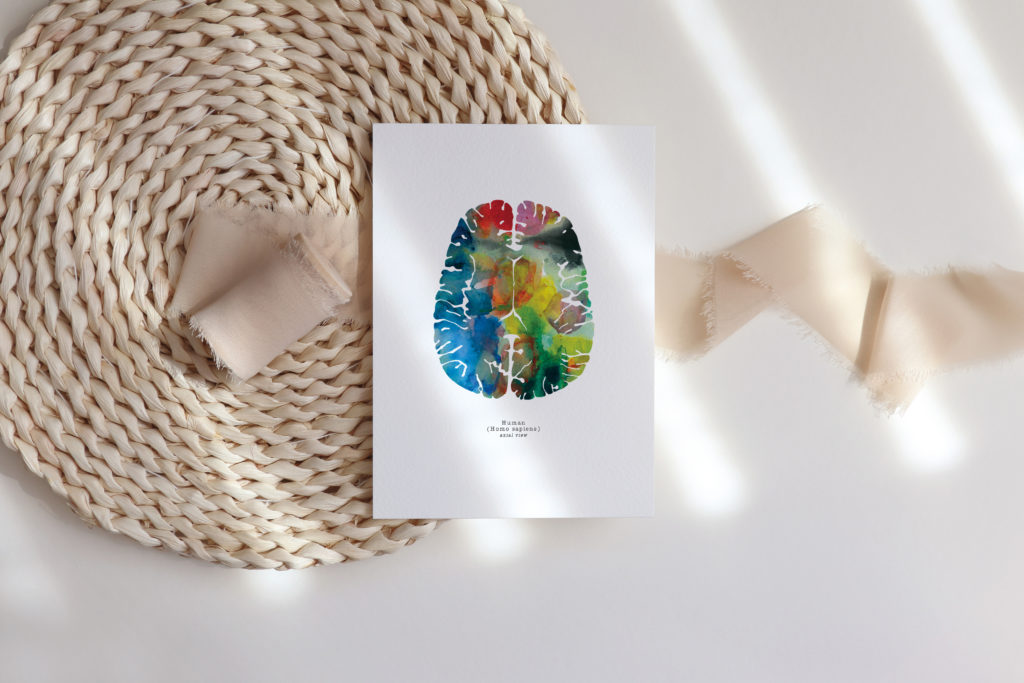Writing a Thank You Letter to Your Therapist: How and Why?
The COVID-19 pandemic that began in 2020 brought about significant challenges for individuals worldwide. From feelings of isolation, anxiety, and uncertainty, many struggled to maintain their mental well-being. Therapists have stepped up to help people cope with the pandemic’s emotional toll. In this post, we will delve into the psychology of thank you cards, the importance of gratitude, and how to craft a meaningful thank you letter to your therapist.
If you are interested in downloading your FREE printable psychology greeting card, please download here:
Numerous studies have shown that expressing gratitude has a significant impact on an individual’s mental well-being. Gratitude helps foster positive emotions, improve psychological health, and enhance relationships. By sending a thank you card, you not only express your appreciation but also reinforce a positive feedback loop within yourself, benefiting your mental health in the process.
It’s always nice to show appreciation for someone who has helped you. A thank-you note is an excellent way to express your gratitude towards your therapist for the help they have provided during your therapy sessions. Writing a thoughtful letter of thanks can be beneficial not only in showing respect and appreciation, but also as part of the healing process itself. In this blog post, we’ll explore why it’s important to write a thank you letter and what should be included when crafting one for your therapist.
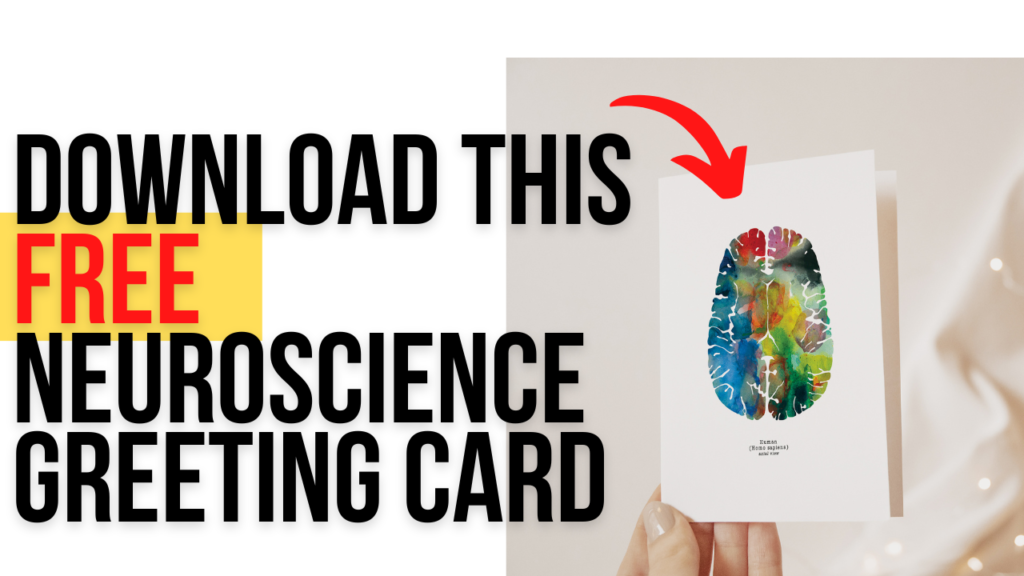
What To Say In A Thank You Note To A Therapist
When writing a thank-you letter or card, think about how much time was spent with them throughout the course of treatment that could help shape where you are today – both mentally and emotionally – without their guidance or support. It’s important that you mention specific things like techniques which were particularly helpful or impactful advice. These details will make it more personalized than just saying ‘thank you’. Consider adding some positive words about their character such as being kindhearted, patient if appropriate.
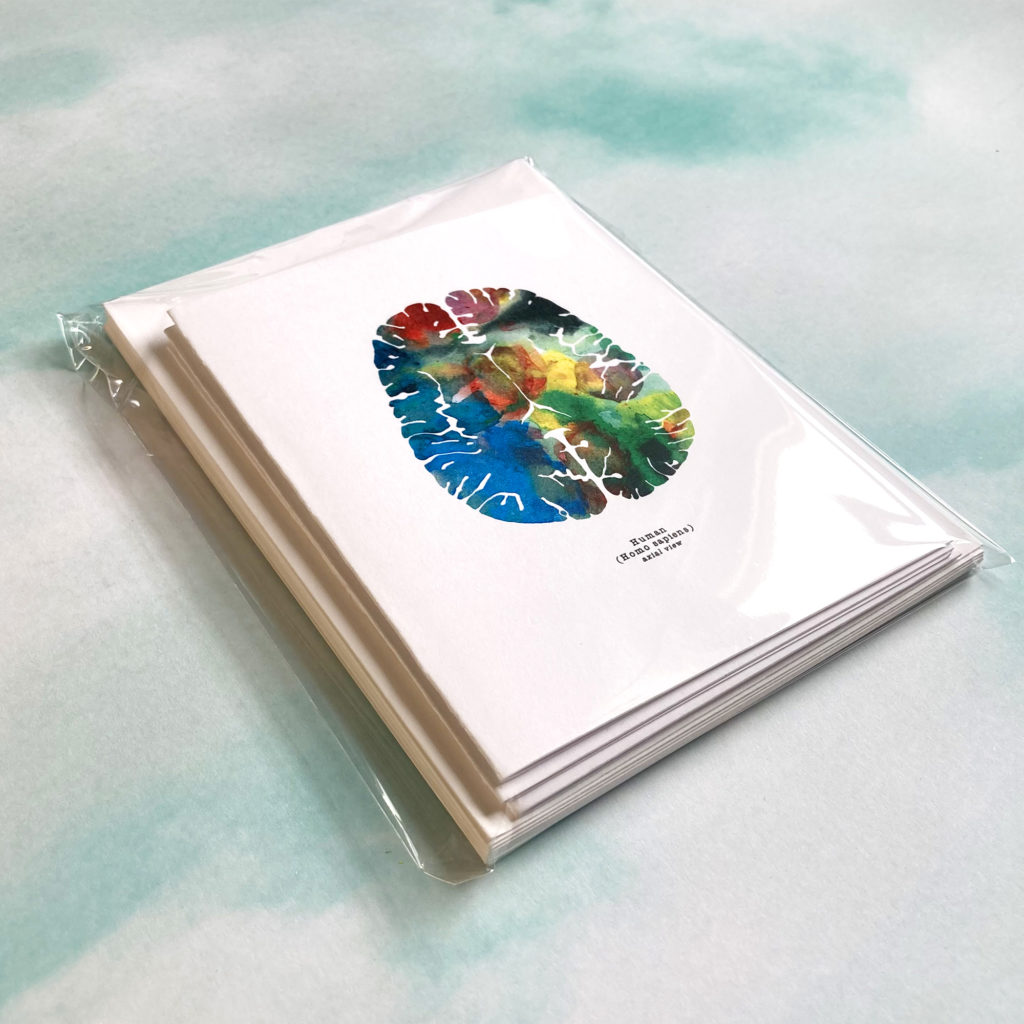
Add Specificity to Your Thank You Letter
- How long you’ve been in therapy
- Where you started and where you are now
- Techniques that were most helpful
- Insights that you gained during or after your sessions
- How therapy affected your relationships
Is It Appropriate To Thank Your Therapist?
Absolutely, yes!
Showing gratitude towards those who have helped us is something everyone appreciates whether they are our friends, family or professionals like therapists. Expressing thanks shows respect which goes beyond mere etiquette rules. Thanking people builds relationships because it conveys genuine emotion from one person (the sender) directly into another (the receiver). So yes – absolutely appropriate!
Is It Okay To Give Gifts When Saying Thanks?
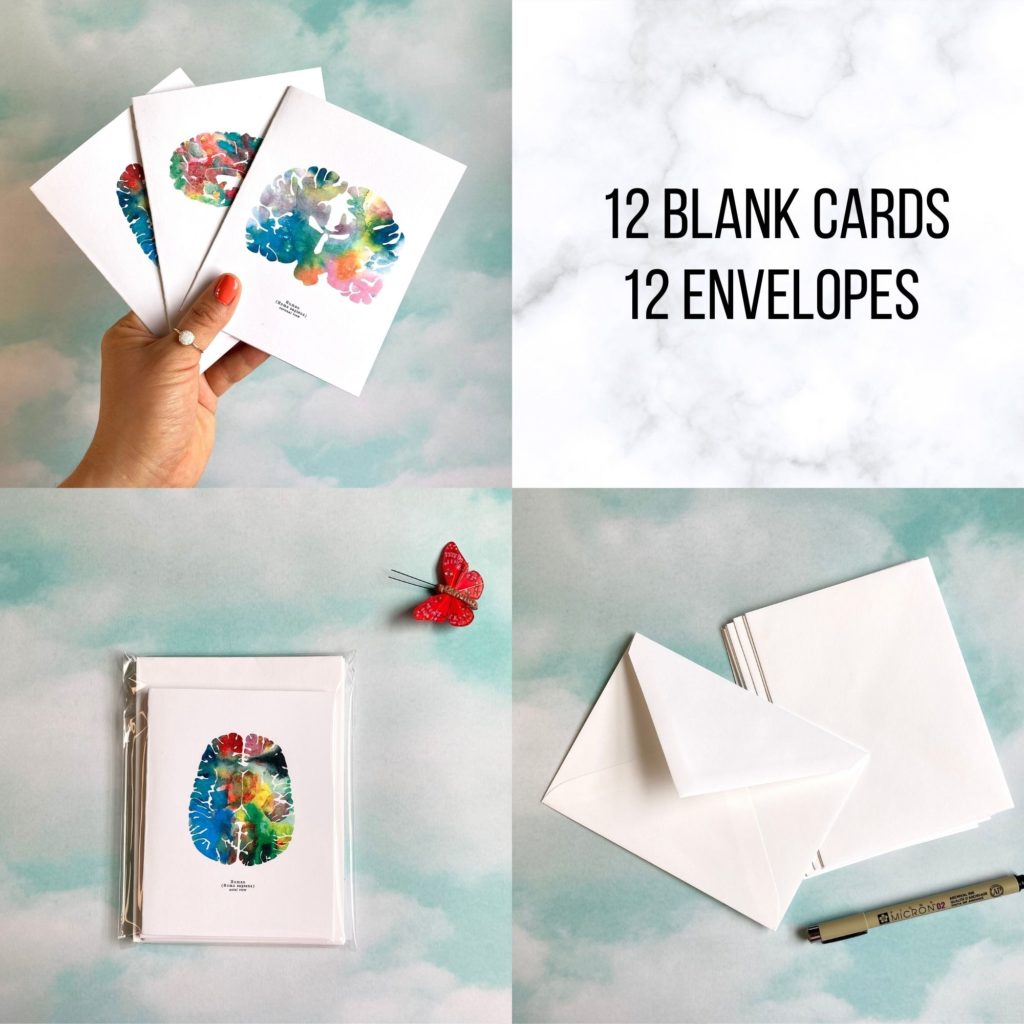
Yes, as long as gifts are accompanied with a thank you letter.
Gift giving is acceptable in many cultures worldwide so go ahead. Just remember not force anything upon anyone else unnecessarily.
Sample Thank You Letter For a Therapist
[Your Name]
[Your Address]
[City, State, ZIP Code]
[Email Address]
[Phone Number]
[Date][Therapist’s Name]
[Therapist’s Clinic]
[Address]
[City, State, ZIP Code]Dear [Therapist’s Name],
I hope this letter finds you in good health and high spirits. As I reflect on the past three years of our therapeutic journey together, I am overwhelmed with a deep sense of gratitude, and I wanted to take a moment to express my heartfelt appreciation.
When I first walked through your clinic doors, I was filled with apprehension and uncertainty. However, your warm welcoming demeanor and the safe space you created for me instantly put me at ease. Throughout our sessions, your unwavering support, compassion, and expertise have been invaluable to my personal growth and emotional well-being.
Your ability to listen without judgment, to understand my struggles, and to offer guidance and insights has been nothing short of transformative. Your empathetic approach and genuine care have allowed me to explore my deepest emotions and confront the challenges I faced head-on. With your guidance, I have gained a better understanding of myself, unearthed my strengths, and learned invaluable coping mechanisms that I will carry with me for a lifetime.
I want to express my gratitude not only for the professional support you have provided but also for the personal connection we have fostered. Your authenticity and genuine interest in my well-being have made the therapeutic process feel both nurturing and empowering. Your words of encouragement and belief in my ability to overcome obstacles have been instrumental in building my self-confidence and resilience.
During these unprecedented times of the pandemic, meeting with you virtually became a lifeline. Your adaptability and willingness to continue our sessions online have ensured continuity in my mental health journey. Despite the physical distance, your virtual presence has been a source of comfort and stability in an otherwise turbulent and uncertain world.
I am eternally grateful for the impact you have had on my life. Your dedication, expertise, and unwavering support have created a profound positive impact on my overall well-being. I genuinely believe that our therapeutic relationship has been a catalyst for my personal growth and emotional healing.
As I look towards the future, armed with the insights and tools you have provided me, I feel confident in navigating life’s challenges. Your guidance has empowered me to develop a deep sense of self-awareness and resilience, allowing me to face whatever lies ahead with a newfound strength.
Thank you once again for your unwavering commitment to my mental health. I have been blessed to have you as my therapist for the past three years, and I am immensely grateful for the positive impact you have made in my life. Your dedication and support have played a significant role in helping me become the person I am today.
Wishing you continued success, fulfillment, and joy in your professional and personal endeavors. Please know that your compassionate presence in my life will be cherished always.
With deepest gratitude,
[Your Name]
The Psychology of Greeting Cards: Expressing Emotions
Greeting cards have long been recognized as a powerful tool for expressing emotions and connecting with others. When it comes to therapy, sending a thank you card to your therapist can be a meaningful gesture to convey your appreciation and gratitude. Understanding the psychology behind greeting cards can help us comprehend the impact they have on our well-being.
Where to Buy Greeting Cards: A Variety of Options
There are various places where you can find greeting cards that suit your needs. Local bookstores, gift shops, and stationary stores often have a range of greeting cards available. You can also explore online marketplaces, which offer an extensive selection of unique and personalized greeting cards to choose from.
We also offer thank you cards for therapists and psychologists here:
Crafting a Meaningful Thank You Card
When writing a thank you card to your therapist, it’s important to ensure that your gratitude is effectively communicated. Here are some tips on how to write a thank you card that truly conveys your appreciation:
1. Begin with a Warm Greeting
Start your thank you card by selecting a warm and appropriate greeting. Personalize the card to make it unique and reflective of your relationship with your therapist. A heartfelt greeting sets the tone for the rest of the message and establishes a connection.
2. Express Sincere Gratitude and the Psychology of Gratitude
Clearly express your gratitude for your therapist’s support during the pandemic. Be specific about how their guidance has positively impacted your life. Share personal examples to demonstrate the value their therapeutic interventions have brought to your mental and emotional well-being.
3. Highlight the Importance of Therapeutic Techniques
Acknowledge specific therapeutic techniques or approaches that have resonated with you. This shows your therapist that you are actively engaged in the therapeutic process and have noticed the efforts they have made to help you. Highlighting the impact of these techniques adds depth to your thank you card.
4. Conclude your Thank You Card
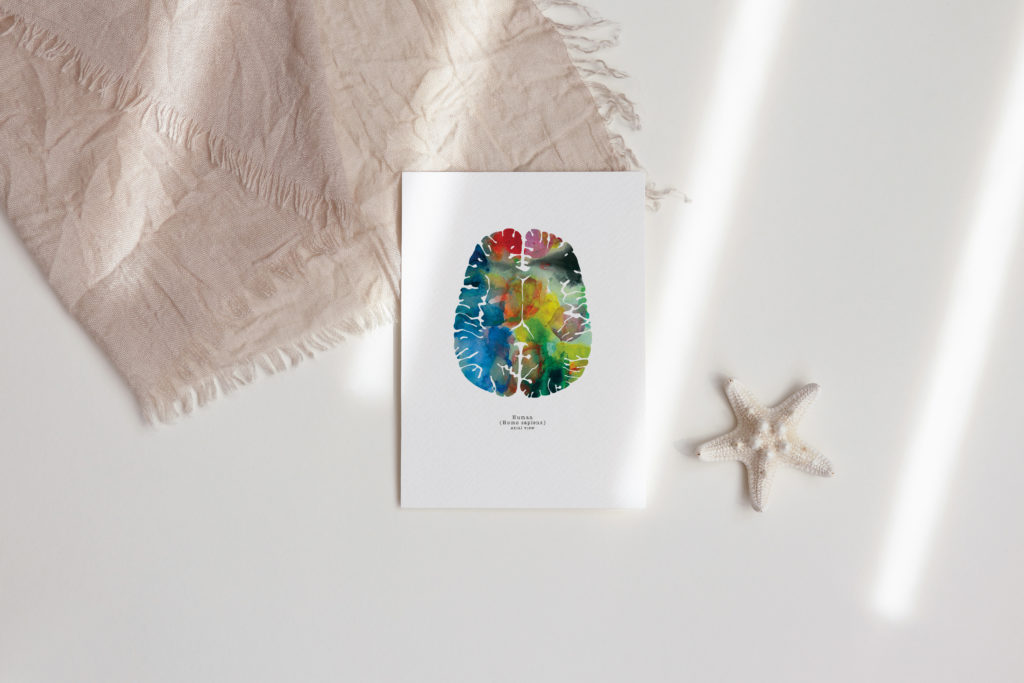
End your thank you card by reaffirming your gratitude and appreciation for your therapist’s ongoing support. Offer your willingness to recommend their services to others in need. Signing off with a warm closing and your name adds a personal touch.
Conclusion
Therapists play a crucial role in supporting mental wellness, especially during these challenging times brought upon us by the COVID-19 pandemic. Expressing gratitude through thank you cards not only allows us to appreciate their efforts but also contributes to our own mental health. By understanding the psychology of greeting cards, the science of gratitude, and how to craft a meaningful thank you letter, we can effectively communicate our appreciation to our therapists and nurture our own well-being.
If you are interested in downloading your FREE psychology greeting card, please go here.
Reach out if you want to get in touch!

